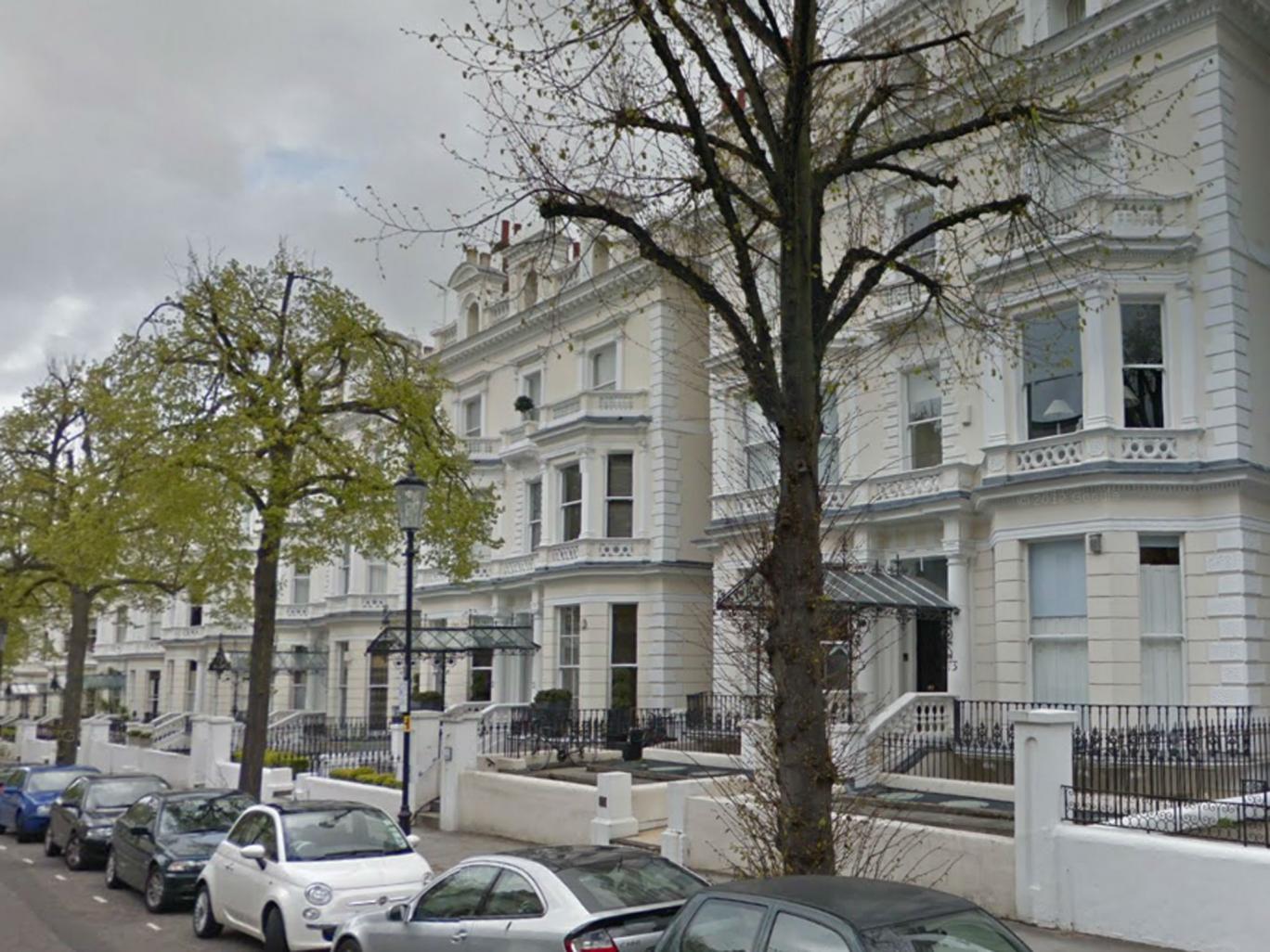
06 Aug Are You A Peasant Or A Landlord? The Rise & Rise Of Buy To Let.
Would you rather be a peasant or a landlord? If the answer isn’t immediately obvious to you, get back to your field and start ploughing with all haste.
The power of the landlord has been established in English society since before the Magna Carta, a land lords serfs and villeins owed him payment in kind for their right to live upon it.
Being a Lord of the Land really has, with its priveledge of effectively being licenced to recieve the rent (and capital increases) been a position of power, status and wealth. Whether that is owning your own property or perhaps also owning invetsment property.
Property ownership has become less concentrated throughout history right up to Thatcher’s ‘right to buy’ initiative in the 1980s.
We believe that a combination of the buy to let mortgage as a mainstream financial product available to all (with the necessary capital), the global financial crisis and a lack of political consensus for change has rapidly begun to reverse this trend and we are sleep walking into a different reality for the future. Really – it does seem as though the tide has turned. Fewer people will own more property now – and increasingly in the future.
Buy to Let Property – Is it worth it?
The FTSE 100 may have seen average growth during the past 20 years. However, the property market, with the access to additional capital offered in leveraged products means that the gains from property have been incomparable.
While the government likes to congratulate itself on resuscitating the economy, let’s not kid ourselves here, the banks have far more influence over lending than they do and are at the heart of the buy to let market. The property market is what fuels the UK consumer economy; Dave, George and Vince are playing a classic post-recession hand of cards to stimulate house building and property prices aren’t dropping any time soon.
Meanwhile, the unregulated nature of buy to let, the additional profit per loan granted and the availability of large amounts of cheap money, thanks to low interest rates has fuelled a surge in bank buy to let lending.
The market in rental properties is dramatically shifting the social fabric of the property market, encouraging those with access to capital to further increase their wealth. The landlords get richer and those who can’t secure a mortgage are consigned to renting.
What’s Next for the London Buy to Let Market?
Prices for London property investment have consistently grown faster than the UK as a whole, and after the latest bust, have accelerated faster than ever before. Given the quantitive easing that was rushed through by the government, first time buyers never got a chance to access the market as prices stayed relatively high despite the 2008 crash. Lending dried up for all but those with serious exisiting capital. The average first time buyer never had a chance.
Concurrently, the demand for rental accommodation in London, filled by young professionals eager to make their mark, means that a large supply of employed, professional tenants is never going to be in short supply. The sum total of this is a rental asset, with strong returns, in a prime location with a healthy future.
This is not about whether it is right, or wrong. You, like us, might have an opinion about this. But before you decide to change the whole world, we’d like to encourage and support you to make sure you change your world first.



No Comments